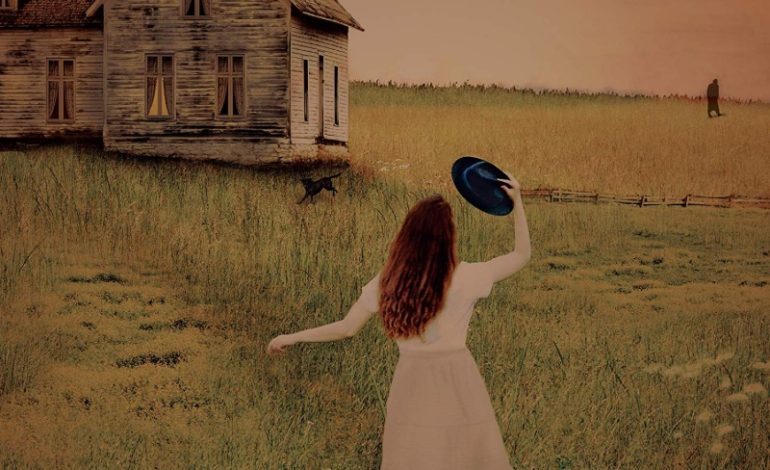

Female artists reinterpret and modernize Tom Waits’ iconic tracks
With 16 albums to his name, Tom Waits has proved his lyrical writing and storytelling to be more than superb. Being that his 70th birthday is just around the corner, (December 7th), his work has been covered and reinterpreted through the voices of many established female artists.
As our society continues to change and modernize, the music being created follows. Come on Up to the House: Women Sing Waits is an album that throws a bit of a twist on some of Waits’ most popular songs. With a new female interpretation angle and well-known producer Warren Zanes, Waits’ songs are polished up and given their own unique vibe with artists including, Corinne Bailey Rae, Joseph, Phoebe Bridgers and many more.
The album is kicked off with the song, “Come On Up To The House” covered by Joseph. The instrumental backtracking to this song from the start sounds completely remodeled into something more modern and current. The melody is completely stripped down to the graceful piano, and Joseph’s voices altogether change the mood entirely. Their airy, ethereal voices transform the song into something more prevalent and similar to popular hit music today.
Another track out of the many revamped is, “Jersey Girl” covered by Corinne Bailey Rae. Rae is known for her soulful contemporary r&b vibe, which is surely heard and felt through this contribute. With additional keys, bells, percussion, and Rae’s passionate vocals, the song is spiced up and contemporized in more ways than one would expect. The twist most apparent is in the chorus, where both sing, “Sing sha la la la la la sha la la la.” While Waits raises his volume and energy, rasping his voice into an almost-shout, Rae uses her jazzy soulful voice to clean up the chorus into something more delicate and elegant sounding.
What seems to be another public favorite, is the eighth track on the album, “Time” covered by Rosanne Cash. From the start of this track, there is a complete change of style with a finger-picked guitar melody before Cash’s voice is heard. Mirroring Waits’ lyrical melody, she turns his jazzy rock song into something more country and folk using her warm voice and vibrato. She does the same with the chorus, however, while the melody remains the same, she alters and drops down the tune at the end of each line as she sings, “time, time, time.” The short musical break before the last verse in both songs is similar yet vastly different as Cash’s cover has stripped the song completely to acoustic guitar.
Waits’ “Downtown Train,” is altogether transformed in this album. Courtney Marie Andrews takes this rock track and reconstructs it entirely into a country and indie-pop tune. Not only is the electric guitar minimized and nearly replaced with an electronic synth in her version, but percussion instruments are the most prominent. Andrews modernizes and revolutionizes this 1985 record with her rich, warm tone and sparse style with the help of producer Zanes.
This 12-track setlist can be listened to in about 55 minutes, and it is sensational. This album not only showcases the changes in music over a generation, but it also gave female artists an opportunity to reinterpreted Waits’ lyrical masterpieces from a female perspective. We would be surprised if revamping already respected pieces of artwork ends here.
